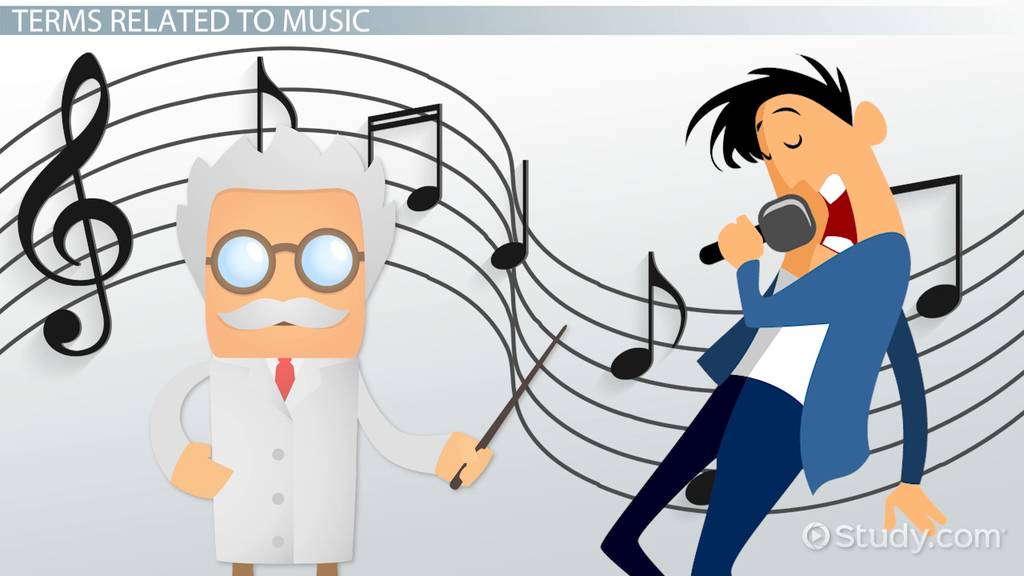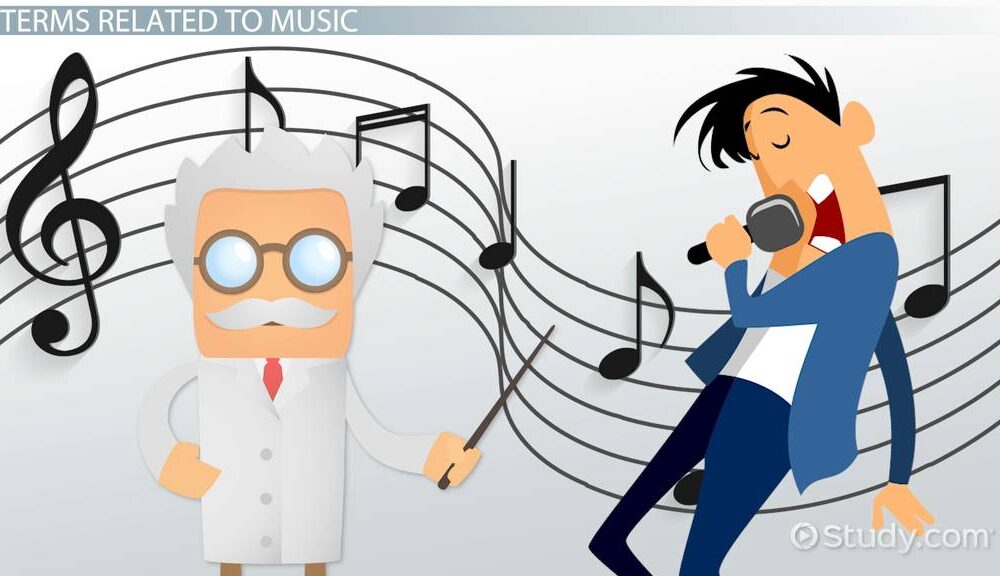Arts & Entertainment
The Impact Of Technology On The Music Industry

Technology has had a major impact on the music industry. From changing the way we listen to music to the emergence of the digital age, technology has had a major influence on how music is created, consumed, and shared. In this blog post, we will explore the impact of technology on the music industry. We will look at how technology has changed our listening habits, how the digital age has completely altered the music industry, and how the industry is responding to these changes. By the end of this post, you should have a better understanding of the impact of technology on the music industry.
Related Info: Read entire article at Washington Post
Changing Listening Habits
Music has always been a big part of our lives – from the time we’re babies singing along to the songs that play in restaurants and stores, music has always been a part of our lives. But music streaming services have taken over in recent years, and digital streaming has become the primary way to listen to music.
One reason for this is that streaming services offer a convenient and personalized listening experience. With digital platforms like Spotify, you can virtually listen to any song that you want without ever having to leave your house or switch devices. Plus, with social media and online platforms like YouTube, new artists are reaching wider audiences than ever before.
Mobile devices have also played an important role in the growth of digital streaming. Not only do they provide convenient access to music from almost anywhere, but they also make it easy for consumers to share their favorite songs with friends. This is why virtual reality concerts are becoming increasingly common – by experiencing a concert in VR, consumers can feel as if they’re at the show themselves!
In addition to being convenient and personalized, music streaming services offer an incredible variety of genres and styles. From rock-and-roll classics to electronic dance music (EDM), there’s something for everyone on these platforms. And thanks to machine learning and AI technology, record labels and streaming services are incorporating these technologies into the music business more than ever before. For example, Shazam identifies songs that you’ve already listened to so that you can easily find them on future streams; SoundCloud is using machine learning algorithms to help artists discover new fans; while Apple Music uses AI technology specifically designed for streamlining artist discovery efforts.
All things considered, it’s evident that digital streaming has completely changed how we listen to music – both old and new albums are being streamed more than ever before! So what does this mean for listeners? Simply put: it means that we have more power than ever before when it comes time choosing what we want to listen to. Thanks internet!
Emergence Of The Digital Age
Music has always been an important part of people’s lives, and it continues to be so today. Digital technology has allowed for a wider variety of music to be available to fans than ever before. Gone are the days when albums had to be physically published in order to reach a global audience. Now, music fans have access to an increasing number of platforms from which to listen to their favorite artists. This makes it easier than ever for musicians to get their music heard by a global audience.
However, the music industry is currently facing increased competition from streaming platforms like Spotify and Apple Music. These platforms not only offer ad-free listening, but they also give artists more control over their music distribution and royalties. As a result, record labels are now competing with these streaming platforms for sales figures. In addition, there’s increased competition between different genres of music as technology allows for greater diversity in musical styles. Fans no longer need to stick with one genre or style of music – they can explore different genres and sounds without ever having to leave their comfort zone.
Overall, the emergence of digital technology has been positive for the music industry as it has allowed more people worldwide access to great sounding tracks without ever having to leave their homes or go out into public venues.
How Streaming Platforms Are Changing The Music Industry
The music industry is changing at a rapid pace, and streaming platforms are leading the charge. These platforms have revolutionized the way that music is distributed and consumed, and they continue to grow in popularity. As streaming platforms become more popular, artists have seen increased income and opportunities for exposure.
Streaming platforms have led to a proliferation of new digital music services that allow you to listen to any song or album that you want. This has increased access to music for fans all around the world, while also giving artists more data about their fans. This data can be used to create more targeted marketing campaigns, which in turn leads to an increase in fan engagement.
Increased use of digital marketing tools has also led to opportunities for artist collaboration outside of the traditional recording studio setting. Artists can now work together on projects through social media and other online channels, increasing the reach of their music. Automation has also played a significant role in streamlining production, packaging and distribution processes for music artists. This has freed up time for artists to focus on their creative efforts instead of tedious logistical tasks.
Costs associated with producing and distributing music have decreased significantly over the past few years, which has opened up opportunities for smaller labels and independent artists alike. Digital technology has allowed labels greater visibility into fan behavior, leading them to make better decisions about how best to market their products. Social media integration allows fans direct access into the lives of their favorite artists – providing them with a unique level of intimacy not available before. The future looks bright for streaming platforms – they are changing the way we hear and see music!
The Music Industry Reacts
Nearly everyone has heard the saying music is for dancing. But what about the music industry? For years, it’s been a traditional industry that relied on physical sales and distribution to make money. But that’s all changed in the past few decades with the rise of streaming services. Now, music is predominantly a digital enterprise, and streaming services have completely disrupted how musicians produce and collaborate on music.
Streaming services like Spotify, Apple Music, and Pandora allow musicians to share their music with a global audience quickly and easily. In fact, according to The Statista Global Stats Database, there were 1.5 billion monthly active users of streaming services as of September 2018 – up from 700 million in January 2015! This rapid growth has led to major shifts in the music industry: sales now account for only about 30% of total revenue for musicians and songwriters, while 70% comes from alternative sources such as streaming (via YouTube), ticket sales (via secondary marketplaces), merchandising (via third-party sellers), live performances (via touring), and other digital activities such as downloads (via online stores).
But this shift hasn’t been easy for everyone involved. For example, while artists can now make a great living through streaming services alone – without having to sell any CDs or DVDs – this model has created new challenges for artists. For instance, how do you monetize your music when there are no physical copies available? Or how do you build an audience when most people listen to your music without ever leaving their homes? The Music Modernization Act was recently passed in order to help solve some of these problems by modernizing copyright laws and giving rights holders more control over their intellectual property. However, even with these changes taking place, it’s still difficult for artists to gain much value from their work today.
Read More: The Evolution of Popular Music: From Blues to Hip-Hop and Beyond
One area where Generative AI is playing an important role is in understanding and shaping music consumption patterns. By understanding what people are listening to – both currently and historically – Generative AI can help artists create content that will appeal to fans both old and new. Additionally, social media platforms like Facebook have allowed artists to build large followings relatively easily by creating engaging content that fans want access too. And last but not least: streaming services are also allowing musicians to earn money from activities other than selling CDs or touring concerts – such as merchandising or sponsorship deals with brands or businesses..
To Wrap Up
In conclusion, the impact of technology on the music industry has been immense. Technology has changed our listening habits, enabled us to explore a greater variety of musical styles, and allowed for unprecedented levels of collaboration between artists. Streaming platforms have revolutionized the way we consume music, giving fans access to more music than ever before while also providing artists with increased income and opportunities for exposure. The emergence of digital technology has allowed for greater diversity in musical styles and it continues to change how people experience music today.








